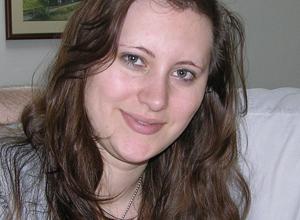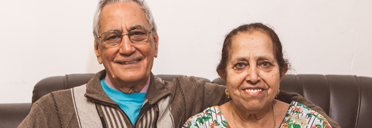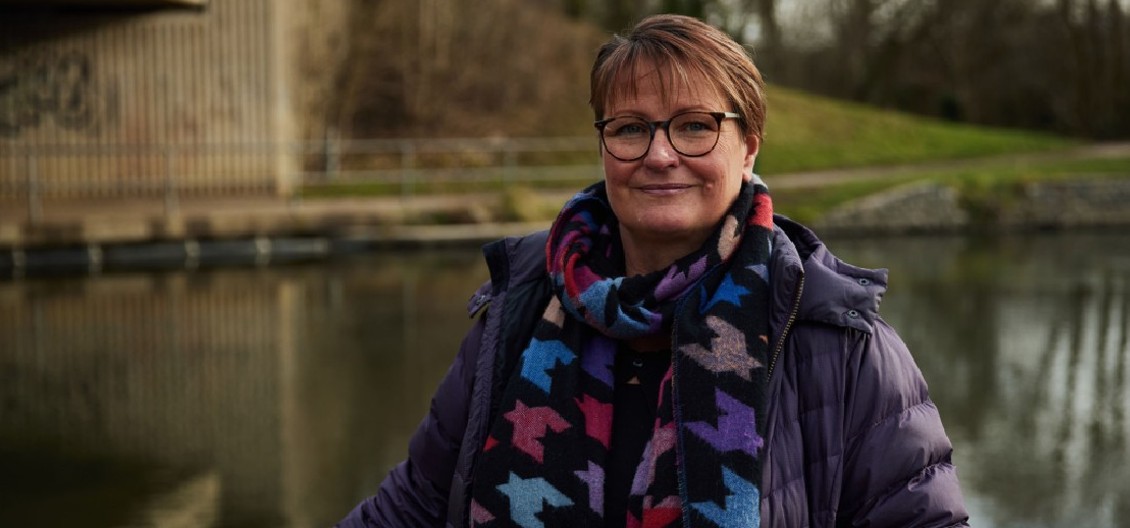
Lucinda Hallett
Diagnosed in 2015.
My unhealthy food habits came from years of things like depression and anxiety. It’s no surprise those developed into an eating disorder and then diabetes.
Living with undiagnosed Autism Spectrum Disorder and mental health issues led Lucinda to binge eat. She was diagnosed with type 2 diabetes a year after her dad’s same diagnosis, and by supporting each other they've been changing their approach to food together.



